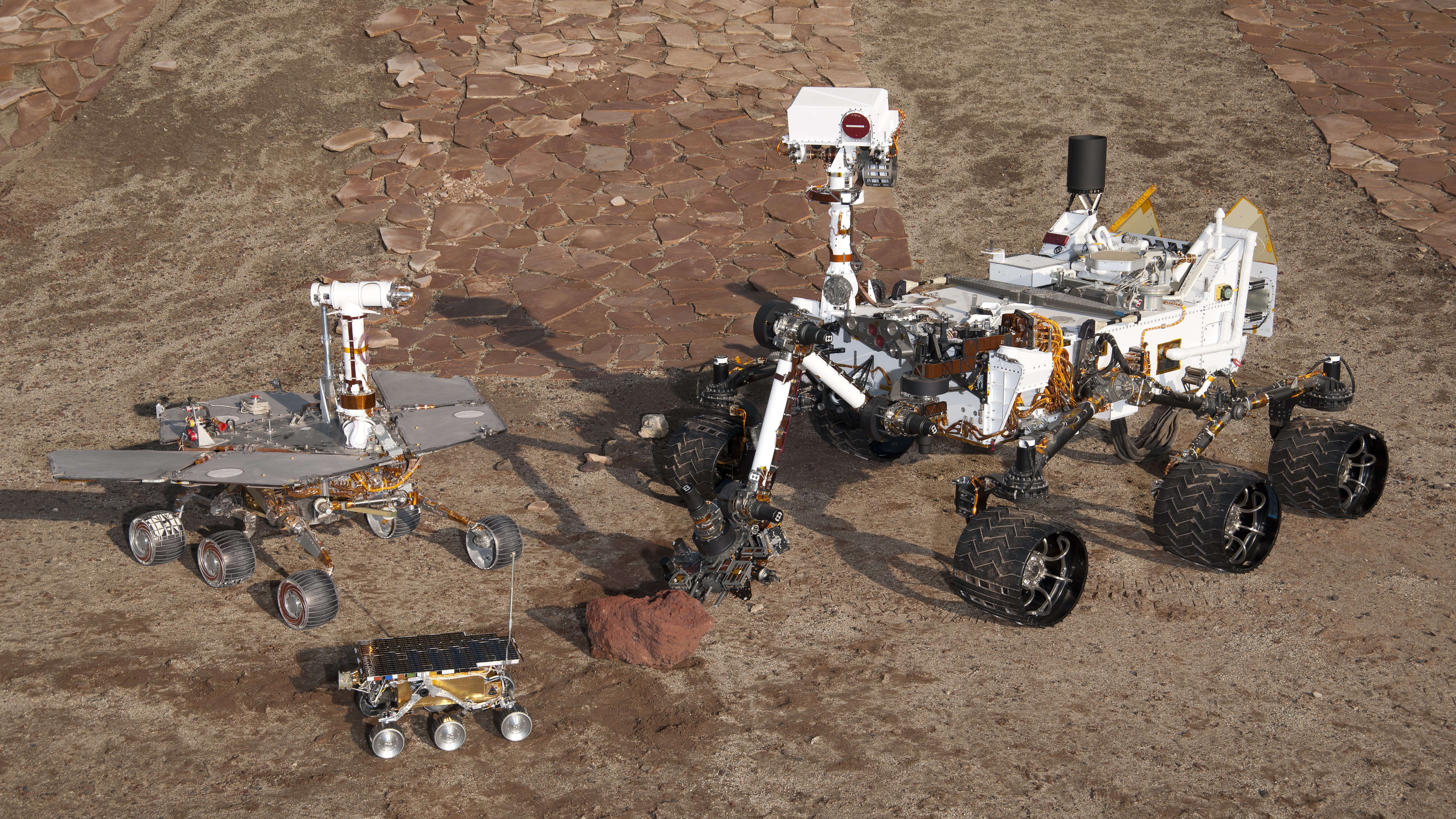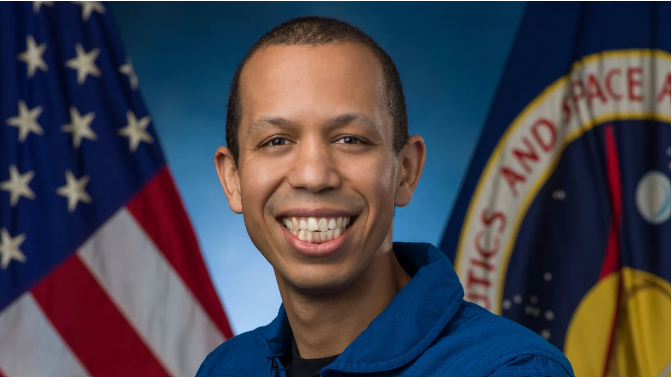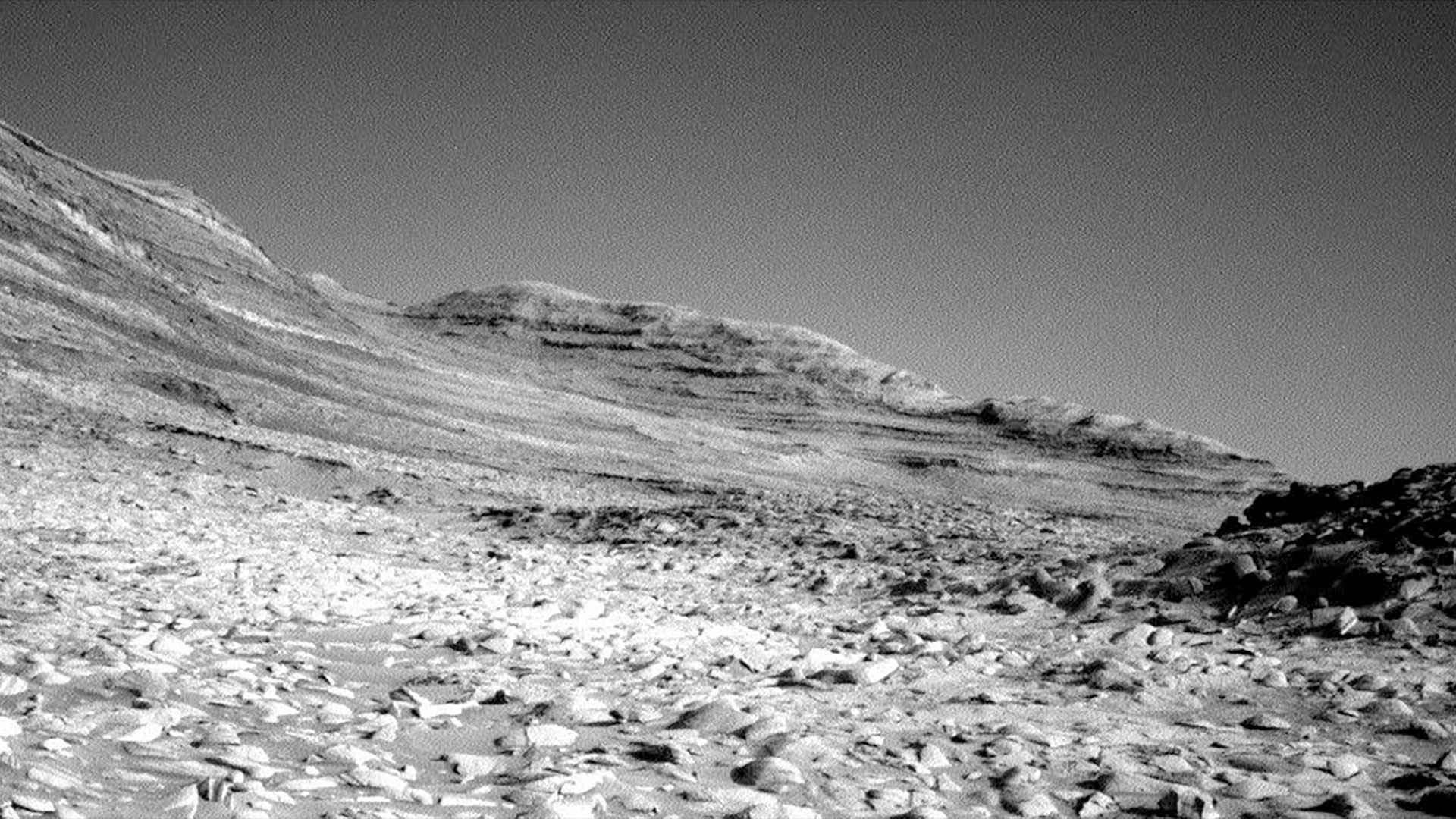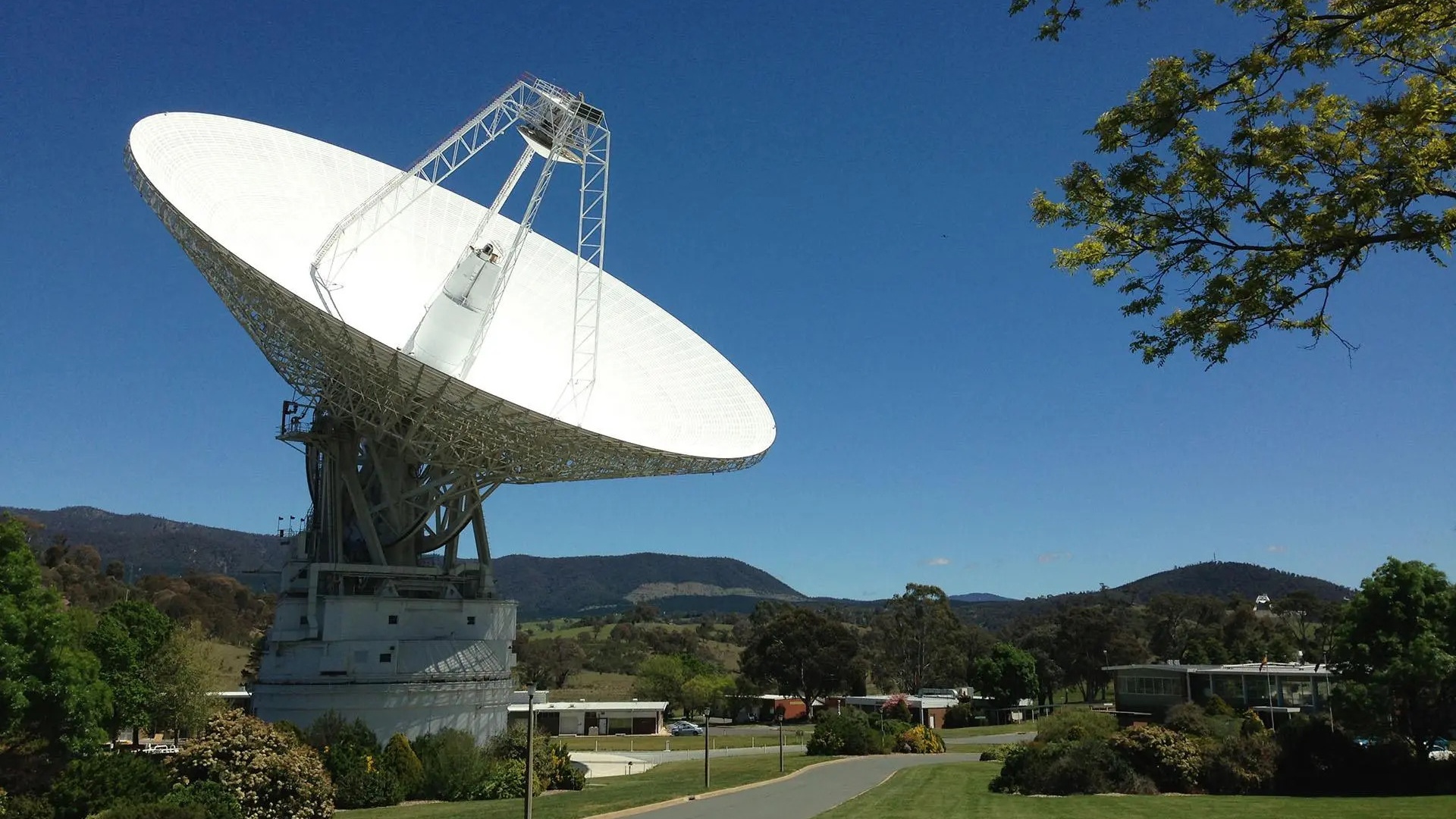Mars Rovers of the Future: What Comes After Opportunity

NASA has given up trying to make contact with its long-silent Opportunity rover on Mars, but the loss of the 15-year resident doesn't spell the end of Mars rovers.
Opportunity's successor, the Curiosity rover, is still trucking along, albeit on the opposite side of the planet, and two more rovers are scheduled to arrive in 2021, during the next window when Mars is most accessible from Earth.
Curiosity arrived in August 2012, designed to give scientists a better understanding of the habitability of Mars based on questions developed during the Mars Exploration Rover mission. That mission encompassed Opportunity and its twin, Spirit, which became stranded in sand in March 2010. [Postcards from Mars: The Amazing Photos of Opportunity and Spirit Rovers]
With Opportunity stymied, Curiosity is the only roving robot on the Red Planet, although the planet is circled by half a dozen orbiters. And NASA's InSight lander, a sedentary robot designed to study the interior structure of Mars, touched down in November to join the Martian science suite.
But there's far more to look forward to with two missions schedule to launch in 2020. NASA's Mars 2020 mission will include a yet-to-be-named but new and improved rover modeled on Curiosity's structure (as well as the much-anticipated helicopter). The mission will land at Jezero Crater on Feb. 18, 2021, looking for traces of ancient life on Mars. It should launch between late July or early August 2020.
Europe also has a Mars rover in the works, the newly dubbed Rosalind Franklin rover, which is scheduled to launch in about the same window as NASA's 2020 mission. It will also land in the spring of 2021, although the agency has not yet announced a firm date they are targeting. That rover will search for life and its traces within the top 6.5 feet (2 meters) of the Martian surface.
If all goes smoothly, that mission would make the European Space Agency just the second agency to safely touch down on the Red Planet, which is notoriously difficult to land on.
Get the Space.com Newsletter
Breaking space news, the latest updates on rocket launches, skywatching events and more!
Email Meghan Bartels at mbartels@space.com or follow her @meghanbartels. Follow us on Twitter @Spacedotcom and on Facebook.
Join our Space Forums to keep talking space on the latest missions, night sky and more! And if you have a news tip, correction or comment, let us know at: community@space.com.

Meghan is a senior writer at Space.com and has more than five years' experience as a science journalist based in New York City. She joined Space.com in July 2018, with previous writing published in outlets including Newsweek and Audubon. Meghan earned an MA in science journalism from New York University and a BA in classics from Georgetown University, and in her free time she enjoys reading and visiting museums. Follow her on Twitter at @meghanbartels.









